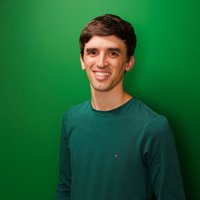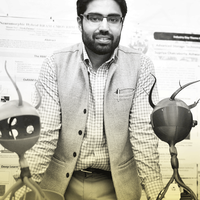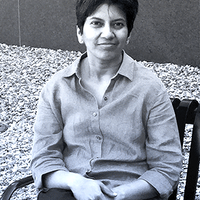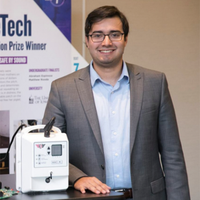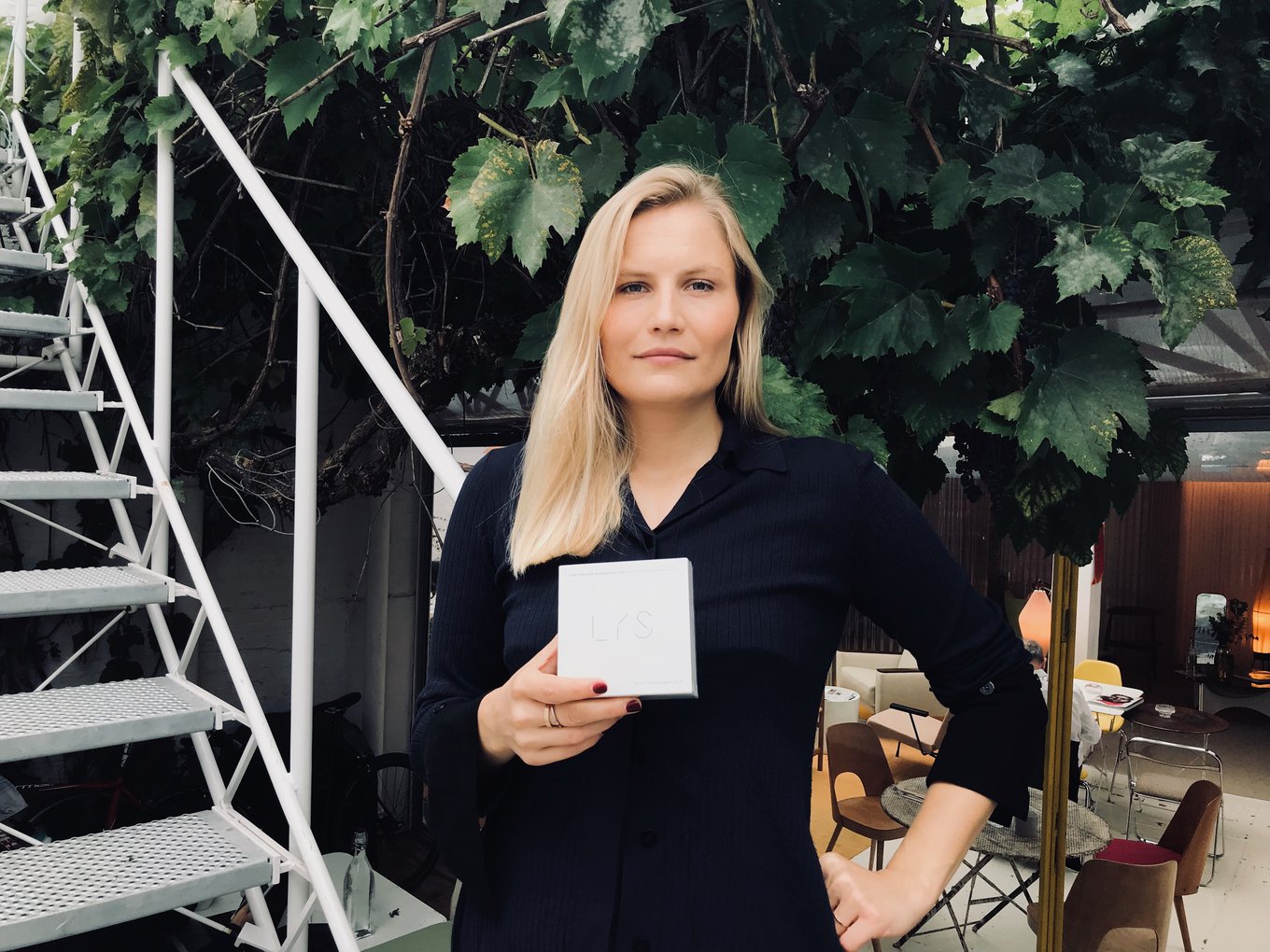In 2017 scientists Jeffrey Hall, Michael Rosbash and Michael Young received the Nobel Prize in Medicine for their work on the molecular mechanisms that regulate the functioning of the internal clock of cells. In their biological processes, all living beings follow a rhythm marked by the alternation between light and darkness. The Earth’s rotation determines the so-called circadian rhythms that, at a cellular level, influence the release, accumulation or destruction of proteins with essential functions, and even have an impact on whether some drugs may be more or less effective depending on when they are administered. If these rhythms are altered, for example, by irregular or deficient exposure to sunlight, or by poor eating habits, then a person’s health suffers.
For Christina Friis Blach Petersen, who has just become one of the winners of Innovators Under 35 Europe 2018 from MIT Technology Review, it is surprising that humans should concern ourselves with putting our plants near windows to receive sunlight, while we forget that our bodies also have been synchronized, since time immemorial, with periods of light and darkness. It is no wonder that the types of urban jobs (mostly undertaken in interior spaces) and the increasing exposure to light from screens and bulbs upsets our sleeping patterns, and even our mood and appetite.
Through her company, LYS Technologies, Petersen wants to make clear the importance of aligning daily habits to these biorhythms. The young woman states that society is becoming increasingly aware of the impact of exercise and diet on health, but very few people appreciate the importance of a healthy intake of light. She explains: “We want to help the inhabitants of cities, who currently represent the 54% of the world's population with a projection to grow up to a 66% by 2050, to improve their sleep, alertness and mental well-being through understanding light in their environment."
The solution proposed by the Danish designer based in London is an elegant wearable, the LYS 1.0, which contains light sensors that mimic the functioning of the human eye’s photoreceptors. These measure in real time the intensity and color of the light and transmit data via Bluetooth to an app from which the user has access to them. There they are analyzed by various algorithms and the end result is advice and feedback designed to make the user’s routines healthier.
The device, on sale in 11 countries, is shaped like a navy blue button 2.8 centimeters in diameter, it weighs 4 grams and has a clip to attach it to clothing. Prior to its launch in a successful Kickstarter campaign, the LYS team tested the prototype with 100 participants from all over the world. They observed that, after three weeks of use, the average time these people "took to fall asleep was reduced from 27 minutes to 16 minutes and their energy levels tripled," Petersen says.
Up to present they have sold 2,000 units of the LYS 1.0 (particularly to corporate customers) and earned more than €100,000. But Petersen’s vision goes even further. The young woman explains that they are focussed on "the future of connected and healthy indoor environments and how LYS can take advantage of the Internet of things, especially in the workplace." This is what her Light Diet programme is aimed at. Employees will get the device as part of their corporate social benefits, they will use it for seven days and will receive reports on how light may affect their sleep, energy levels, and productivity. Petersen hopes that the information on indoor light will be useful both for businesses, in improving the well-being of workers, as well as architects, when it comes to designing office buildings.
Emmanuelle Tognoli, associate professor of Complex Systems Research and Brain Science at Florida Atlantic University (USA) and member of the jury of Innovators Under 35 Europe 2018, believes that the data collected by LYS "can be very useful for understanding the impact of urban lifestyles on sleep and, perhaps, could lead to corrective action in urban designs in the long term." According to Tognoli, Petersen’s project is "excellent" and what particularly stands out are the "skills and interdisciplinary vision" that the young woman has been able to communicate to her team.
By Elena Zafra
Translation: Lisa Rushforth
